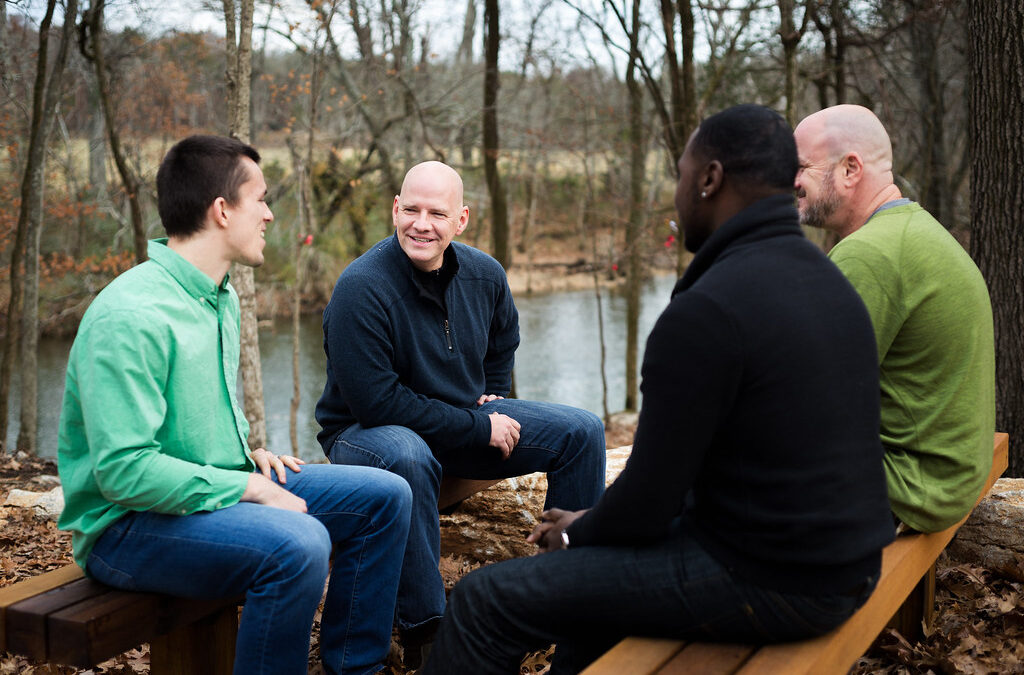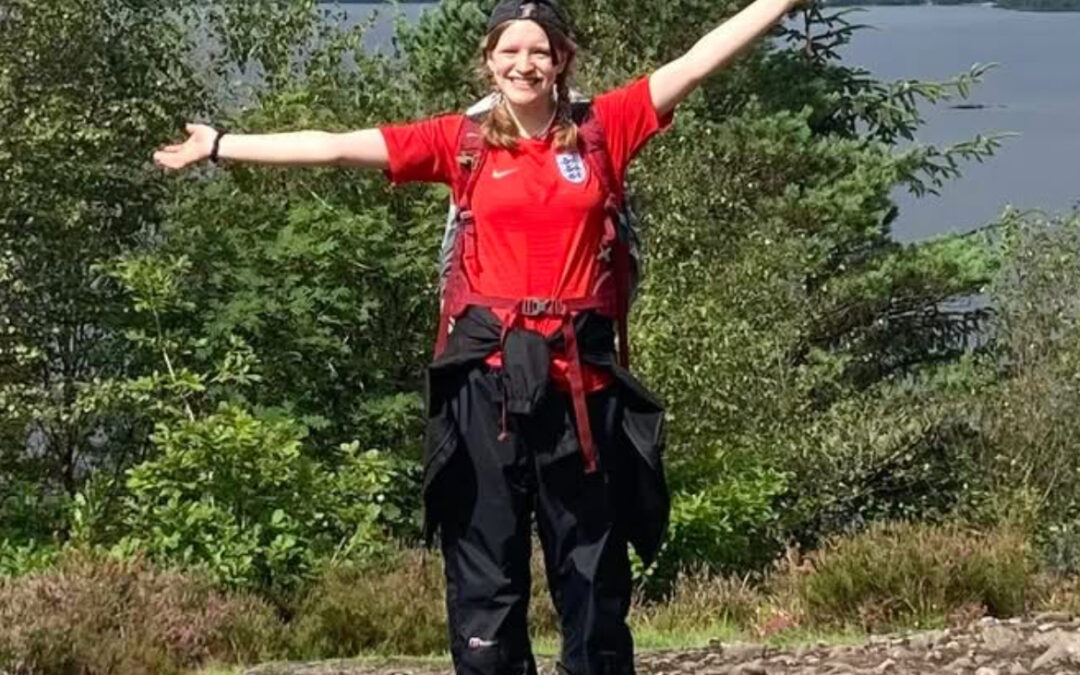Stepping Outside for Mental Health
While many of us were glued to our desks during Mental Health Awareness Week,, seven creatives in Sheffield were doing something different: stepping outside, breathing in fresh air, and walking, not just for their bodies, but for their minds.
The walk was the brainchild of Beth Hopwood, a journalist and Creative Research Assistant with Lab4Living, who was working on the ORIGIN project. It’s a National Institute for Health and Care Research (NIHR)-funded collaboration with Oxford University. At the heart of ORIGIN is a deceptively simple question: Can exposure to arts, culture, and storytelling improve young people’s mental health?
A Personal Mission
Beth Hopwood of the creative group understands just how vital mental wellbeing is and how easily it can be forgotten amid work and stress; she is learning to live with anxiety herself.
“My boss mentioned Mental Health Awareness Week was coming up, and I just thought: let’s do something real,” she says. “I think people spend too much time at their desks, which is understandable – but it’s so easy to forget how healing it is to step outside, connect with nature, and just breathe.”
With around 15 people participating, her idea led to a modest but meaningful walk in Sheffield’s natural beauty. Beth handled everything, from marketing materials to route planning, and saw the event as a gentle reminder that nature, while not a cure for all problems, is a valuable resource for our health that we often take for granted.
“It’s about showing people that the world won’t end if you take a few hours off,” she explains. “Breaks are vital. And mental health matters just as much as physical health – something we’re still learning to accept, especially in the workplace.”
If you’re enjoying this article, read about the people changing mental health crisis responses here.
Telling Stories, Changing Minds
The walk wasn’t just about stepping away from screens and starting conversations. She is a journalism graduate from the University of Sheffield, working alongside poets, folklorists, and other creatives on ORIGIN’s upcoming online museum. She and her team hope to create an intervention that uses stories from archives and human connection to help young people process their struggles.
For Beth, the topic is deeply personal. Diagnosed with ADHD at 21, a condition often misunderstood and underdiagnosed in women, she believes that more open dialogue around mental health could have made a real difference earlier.
“It led to a lot of anxiety and difficulty at school,” she says. “I think if we talked about mental health more in schools, universities, and workplaces, I wouldn’t have been diagnosed so late.”
She’s not alone. Many people Beth knows have faced mental health struggles, but have felt ashamed to speak up.
“They worry they’ll be seen as ‘dramatic’ or ‘pathetic’. Weeks like this remind them, you’re not alone. It’s not pathetic to struggle. It’s human.”
A National Concern
Her message resonates in a country where mental health issues are increasingly prevalent. Recent national statistics paint a concerning picture:
Loneliness is affecting millions across the UK, with far-reaching consequences for mental health. It’s not just a fleeting emotion, it’s a widespread issue with profound implications. One in four adults report feeling lonely some or all of the time, and among those who are chronically lonely, 60% struggle with mental distress. Perhaps most alarmingly, 12% of adults say they’ve had suicidal thoughts linked to feelings of loneliness. According to the Mental Health Foundation’s 2022 report, these figures act as a stark outline of the urgent need to address loneliness as a significant public health concern.
Research has found that depression may be misdiagnosed in 30-50% of female patients, and with 1 in 5 women having a mental health problem such as depression or anxiety, the possibility for misdiagnosis grows increasingly concerning.
These statistics underscore the importance of initiatives like Beth’s walk, which encourage individuals to take a break and connect with nature, foster community and open dialogue about mental health.
A Gentle Reminder
Asked what she’d say to someone who’s struggling, Beth is gentle but firm:
“Mental health is just as important as physical health. It’s okay to take a step back. Give yourself a break. Speak to someone you trust; they’re going through something too. And most of all: it does get better.”
In a world that celebrates productivity and overlooks rest, sometimes the simplest gestures, a walk, a conversation, a shared moment in nature, can spark the most significant change.



